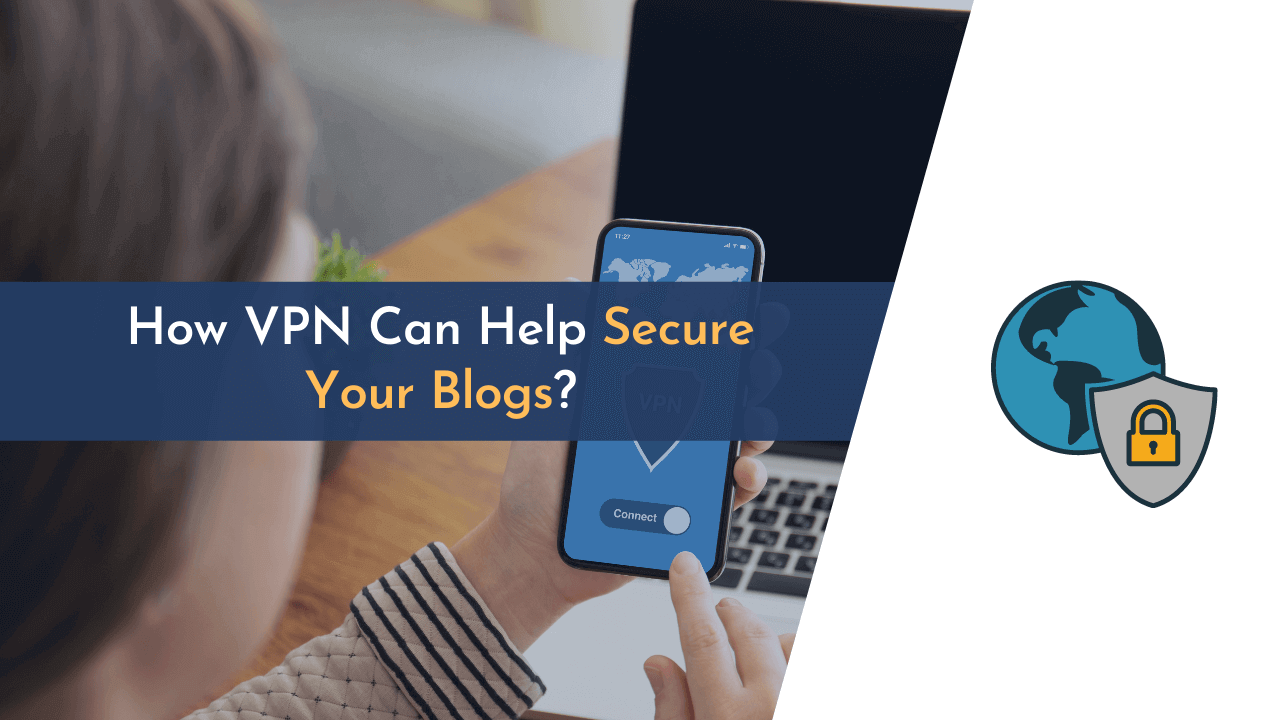As a blogger, you know how important it is to keep your site secure. You also know that there are many ways to do this, but one of the most effective is by using a VPN.
A VPN can help secure your blog in several ways. First, it can encrypt all of your traffic, making it much harder for anyone to snoop on your activities. Second, it can hide your real IP address, making it more difficult for hackers to target you. Finally, a VPN can also help you bypass firewalls and other restrictions that may be in place on your network.
There are many different VPN providers out there, so how do you choose the best one for your needs? Here are a few things to look for:
- Make sure the provider offers strong encryption. This is the most important factor in choosing a VPN.
- Choose a provider that does not keep logs of your activities.
- Look for a provider with a large network of servers. This will give you more options for bypassing restrictions.
- Make sure the provider offers a good software client. This will make it easy to connect to the VPN and use it on your device.
If you are looking for a VPN to secure your blog, then these are some of the things you should look for. By choosing a provider that offers strong encryption and does not keep logs, you can be sure that your blog will be more secure.
Reasons to Use VPNs
There are many reasons why you might want to use a VPN. In addition to the security benefits, VPNs can also offer other advantages. For example, they can help you bypass firewalls and other restrictions that may be in place on your network. Additionally, VPNs can also improve your online privacy by hiding your real IP address.
If you are looking for a way to improve the security of your blog, then a VPN is a great option. By encrypting your traffic and hiding your real IP address, you can make it much more difficult for hackers to target you. Additionally, a VPN can also help you bypass firewalls and other restrictions that may be in place on your network.
Here we’re sharing some solid reasons to use a VPN while blogging.
- By encrypting your traffic, a VPN makes it much more difficult for anyone to snoop on your activities. This is especially important if you are using public Wi-Fi networks.
- A VPN can hide your real IP address, making it more difficult for hackers to target you.
- A VPN can also help you bypass firewalls and other restrictions that may be in place on your network. This can be helpful if you are trying to access blocked content.
- Finally, a VPN can also improve your online privacy by hiding your real IP address. This is especially important if you are concerned about government surveillance.
Best VPNs for Bloggers
Now that you know why you might want to use a VPN, let’s take a look at some of the best VPNs for bloggers.
- ExpressVPN: ExpressVPN is a great option for bloggers who are looking for security and privacy. The provider offers strong encryption and does not keep logs of your activities. Additionally, ExpressVPN has a large network of servers, which can be helpful for bypassing restrictions.
- NordVPN: NordVPN is another excellent option for bloggers who are looking for security and privacy. The provider offers strong encryption and does not keep logs of your activities. Additionally, NordVPN has a large network of servers, which can be helpful for bypassing restrictions.
- IPVanish: IPVanish is a great option for bloggers who are looking for security and privacy. The provider offers strong encryption and does not keep logs of your activities. Additionally, IPVanish has a large network of servers, which can be helpful for bypassing restrictions.
These are just a few of the best VPNs for bloggers. By choosing a provider that offers strong encryption and does not keep logs, you can be sure that your blog will be more secure.
How Do VPNs Actually Work?
Now that you know why you might want to use a VPN and some of the best options available, let’s take a look at how VPNs actually work.
VPNs work by routing your traffic through an encrypted tunnel. This means that anyone snooping on your traffic will only be able to see that you are connected to a VPN server. They will not be able to see what you are actually doing.
In order to set up a VPN, you will need to sign up for a service with a provider. Once you have done this, you will be given instructions on how to connect to the VPN server. This process is usually fairly simple and can be done on most devices.
Once you are connected to the VPN server, your traffic will be routed through the encrypted tunnel. This will make it much more difficult for anyone to snoop on your activities. Additionally, your real IP address will be hidden, making it more difficult for hackers to target you.
Bottom Line
If you are looking for a way to improve the security of your blog, then a VPN is a great option. By encrypting your traffic and hiding your real IP address, you can make it much more difficult for hackers to target you. Additionally, a VPN can also help you bypass firewalls and other restrictions that may be in place on your network.
If you’re looking for a great VPN to use while blogging, then we recommend ExpressVPN. This provider offers strong encryption and does not keep logs of your activities. Additionally, ExpressVPN has a large network of servers, which can be helpful for bypassing restrictions.
Do you use a VPN when blogging? Let us know in the comments below!

